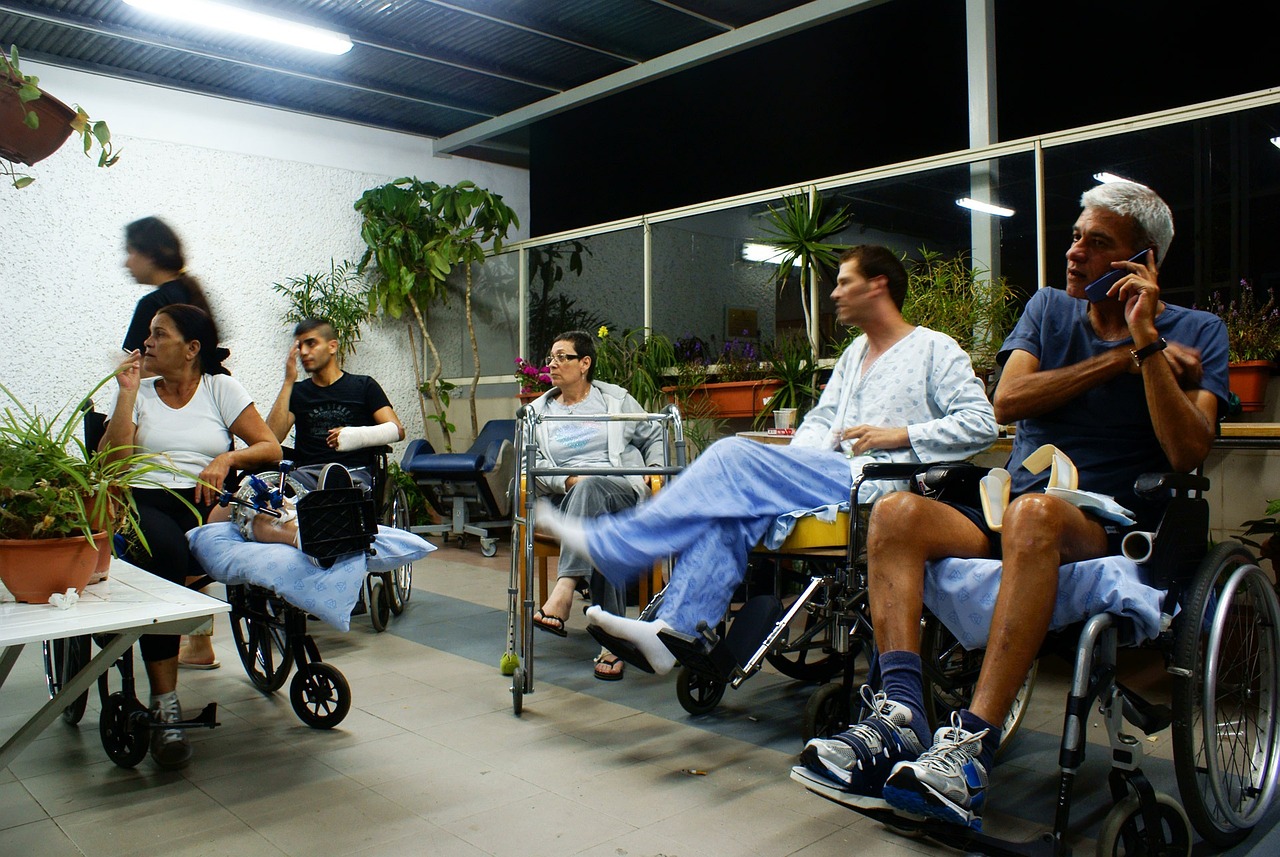
The word “disability” may make us think of physical impairments or conjure up ideas about people receiving monetary assistance as a result of such impairments. To the disabled person, “disability” can mean all this and more, and everyone’s situation is unique.
It can indeed be a disability that makes it difficult or even prevents you from doing major life activities. And society does try to help with things such as parking or seating preference, yet the spectrum of disability is wide and diverse.
Disabilities that have a physical impact, such as someone’s inability to walk or to move their arms, as mentioned earlier, fall within this spectrum. Oftentimes, these physical limitations occur with mental side effects as well.
Some conditions that could play a part in incurring a disability are:
Anxiety
Can you believe the most common disease in the U.S is anxiety disorder? Therefore, it’s paramount to keep your mental health intact. One way to maintain a healthy mind and your overall wellness is a holistic approach:
- Eating healthy
- Meditating
- Having good friends around
- Exercise and sleep
High Blood Pressure
It’s one of the first things your provider checks when you step into their office, so it’s crucial to your health. If left untreated, a history of high blood pressure can lead to serious disabling conditions such as:
- Congestive heart failure
- Stroke
- Dementia
As mentioned previously, mental health can contribute to physical ailments, so keep in mind the aforementioned list to reduce stress, and high blood pressure can be improved by avoiding smoking, alcohol, and changing your diet. Some acceptable foods can even be packaged so time shouldn’t be an impairment.
Obesity
This particular disease is one of the most contributing factors to developing a disability, especially:
- Arthritis
- Back pain
- Depression
- Cancer
- Diabetes
The list continues. Obesity can become a disability in itself. Sometimes obesity becomes such a problem that assistive devices have to be used to move around efficiently. And it's a complex matter because it can be brought upon by unhealthy eating habits at any age, but it can also be hormonal.
Lung Disease
Besides eating and drinking, what you breathe is a very important factor in keeping away ailments that may become a disability. With the pandemic, we saw how essential good lungs are. Besides wearing masks when appropriate, some useful tips are:
- Cleaning the air at home
- Avoid smoking or vaping
- Do breathing exercises
Physical pain
Pain is subjective, yet its intensity can negatively affect your well-being. This is why it’s important to avoid conditions that could lead to chronic pain, one of the most disabling conditions.
Preventative measures for pain are, again, diet and exercise, but also being careful with physical or risky activities such as wearing a seat belt and wearing the proper equipment while playing sports.
Being proactive about disabilities
If you have a disability or are at risk of developing one, being preemptive is the best way to go.
Whether your disability is chronic or temporary, it’s essential to maintain a sense of gratefulness for what you do have. Seeing the cup half full allows us to move forward and also gives us purpose and hope; otherwise, we might resort to being counterproductive and complacent.
What is more, a disability coupled with advanced age can be the toughest, which is why adult children often seek in-home services for their parents. Also, keeping yourself and loved ones protected by keeping up with the latest information on improving your overall health is a smart way to mitigate the impact of certain disabilities.
You may also like
What's a Hamstring Injury in Sports and How to Treat It
5 Pain Management Tips If You Are Suffering From Knee Pain
Signs You Need Hormone Replacement Therapy
How Work Burnout Causes Jaw Pain — and How You Can Stop It
